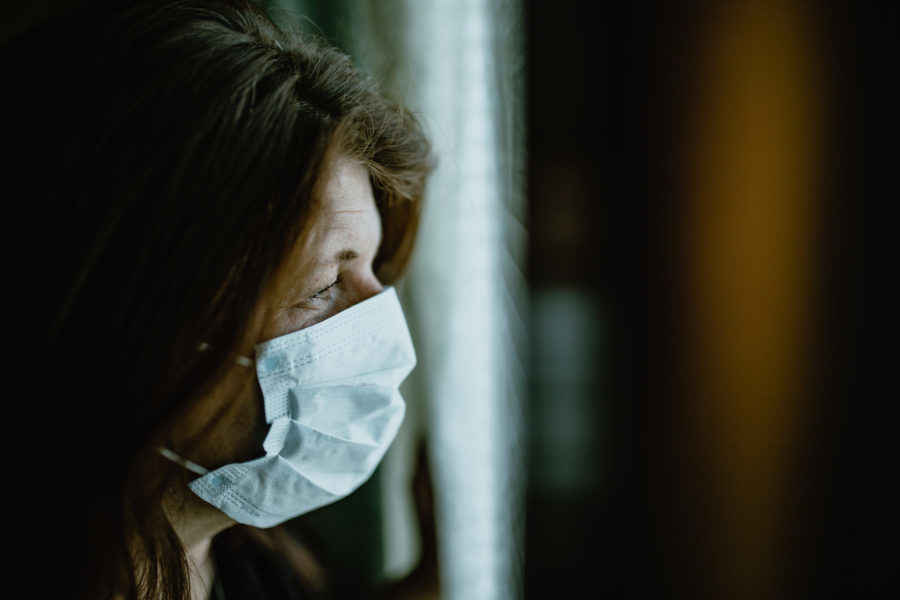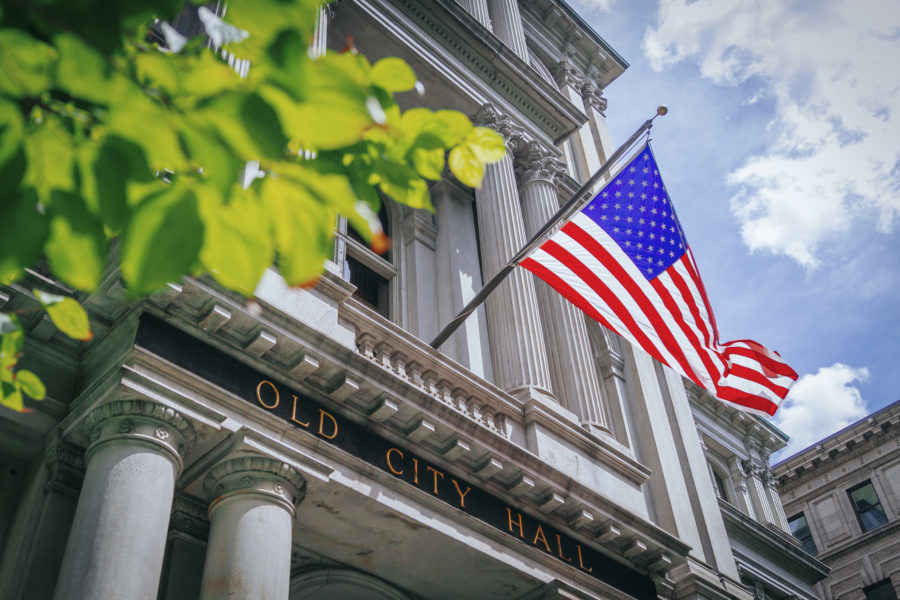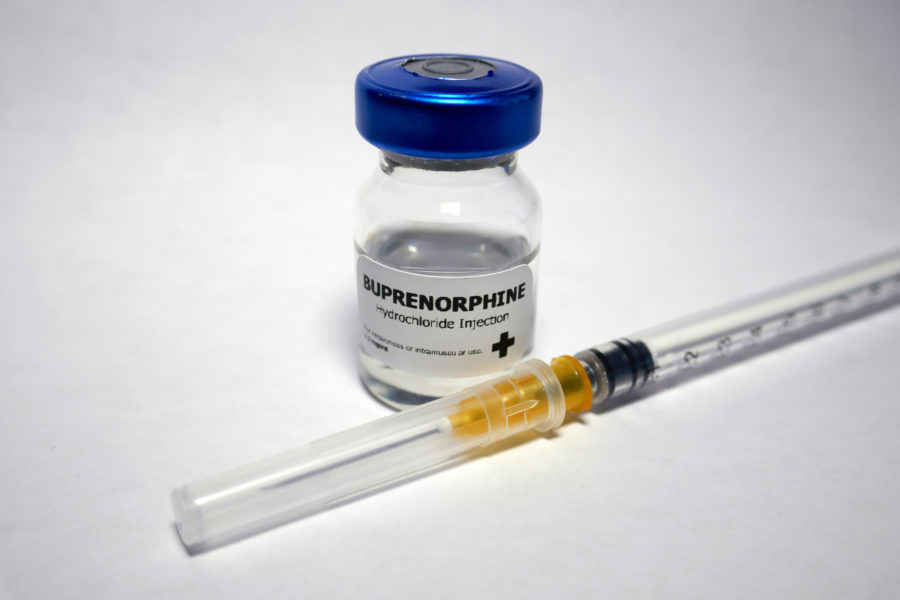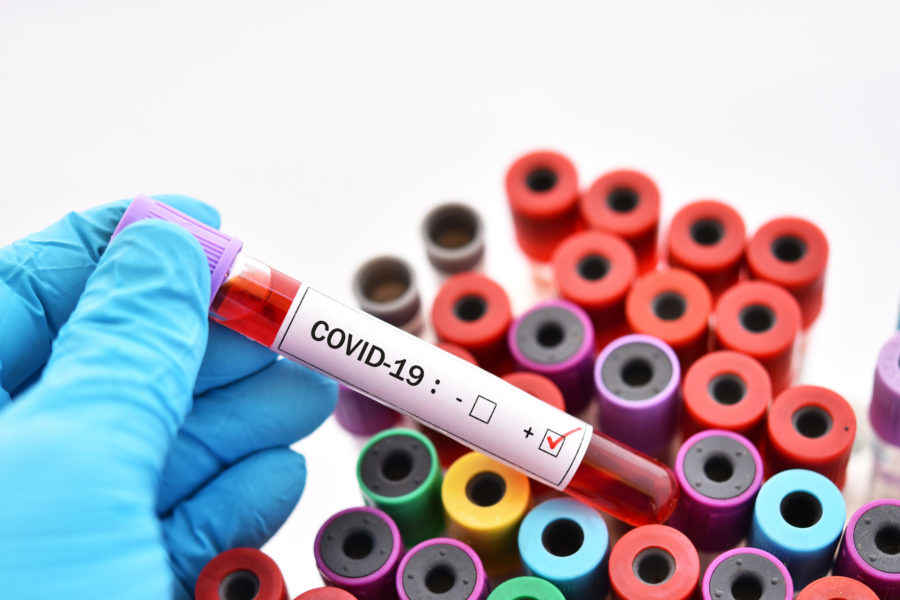
Supporting Mental Health in the COVID-19 Pandemic
Law & Policy InsightsCOVID-19Mental Health and Well-BeingThe COVID-19 outbreak occurring in the United States and in many other countries has profound implications for mental health. Just as public health is leading the way to protect physical health in the context of COVID-19, public health can take steps to promote mental health and community resilience. While public health has emergency isolation, quarantine, and social distancing powers, taking small steps where consistent with good public health practice can support mental well-being.











